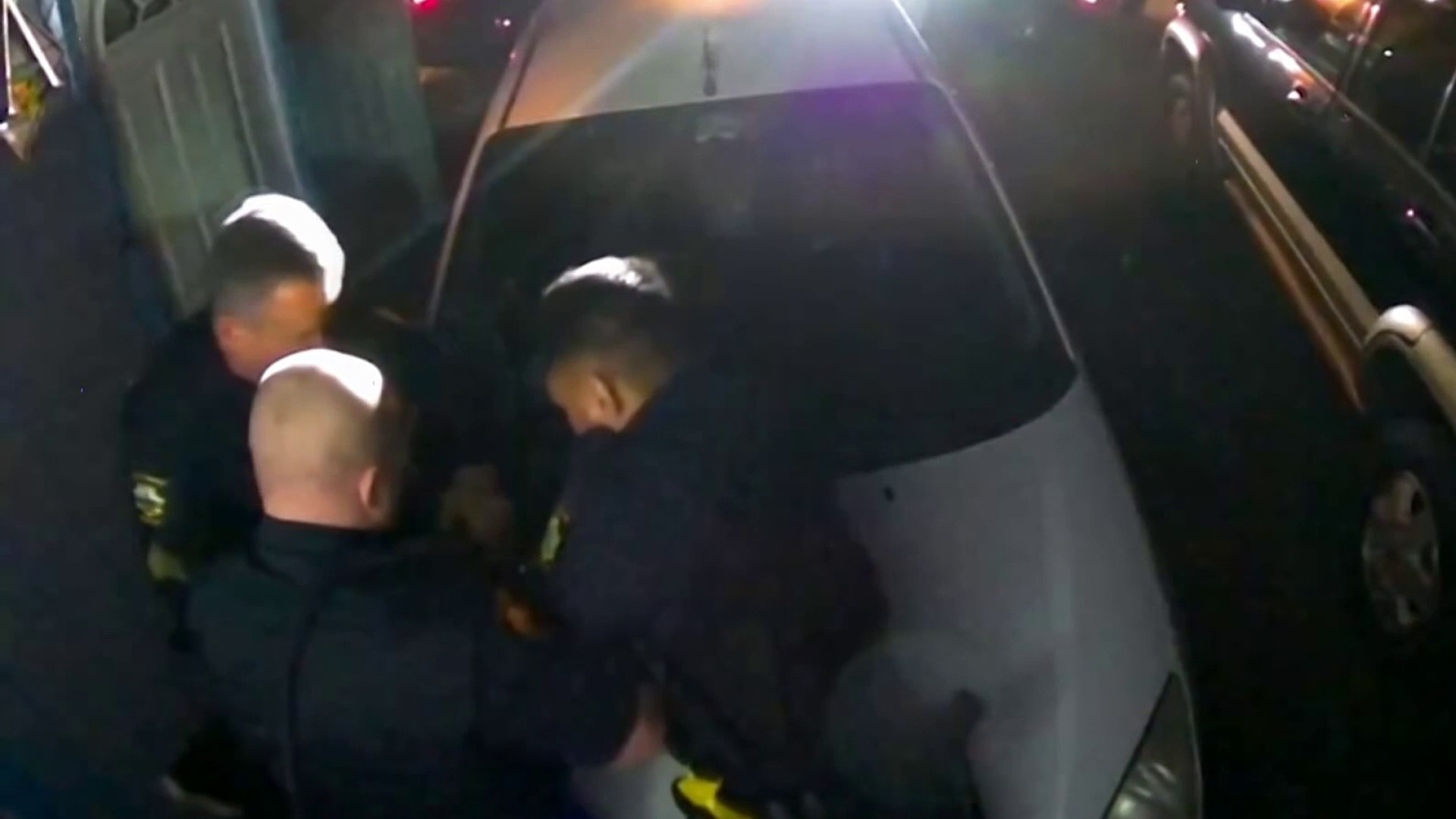The BART board of directors on Thursday voted unanimously in favor of adding community service officers to monitor safety on trains.
The main purpose of the program is for BART to employ so-called ambassadors to look out for "quality of life" issues on trains and across the transit system.
The 6-month pilot program will add a daily and weekend presence on trains with unarmed officers working in teams of two on 10-hour shifts from 2 p.m. to midnight. Five teams will work on Saturdays, BART said.
The program will focus patrols on the most heavily traveled section of the system, the transbay corridor between 12th St. Oakland and Civic Center stations, BART said.
The ambassadors will be recruited from the ranks of the BART Police Department’s Community Service Officers, non-sworn personnel who perform a variety of police services, BART said. The ambassadors will receive additional de-escalation and anti-bias training.
The ambassadors will wear easily-identifiable uniforms distinct from those of Community Service Officers or fare Inspectors and will be equipped with radios to report safety and security concerns. The ambassadors will also be trained to respond to customers’ questions, complaints or requests for service. They will observe and report and call upon an officer when enforcement is needed, BART said.
Local
"I am pleased existing Community Service Officers who are vetted, hired, trained and supervised by sworn police officers will be on trains on nights and weekends," said BART Director Debora Allen. "I’ve been urging BART to add additional layers of security on board trains since I was elected to the board, and our vote today is a step in the right direction."
Ultimately, the effectiveness of the program will be measured by incidents reported, customer satisfaction and trending in calls for police help.
"We hear a lot of times that they feel safe. They just want to make sure that in those situations that could escalate, they just want someone there that could get in front of it," BART spokeswoman Alicia Trost said. "They also want to make sure that obvious customer experience issues are addressed quickly. It's frustrating when you get on a train, and it's dirty or maybe there's a biohazard or flipped-up seats. These are going to be staff just walking the trains nonstop, that can address those, that can get to it much quicker than we are right now."
Costs for the program will not exceed $690,000, the agency said.
BART said the program will launch in February.



